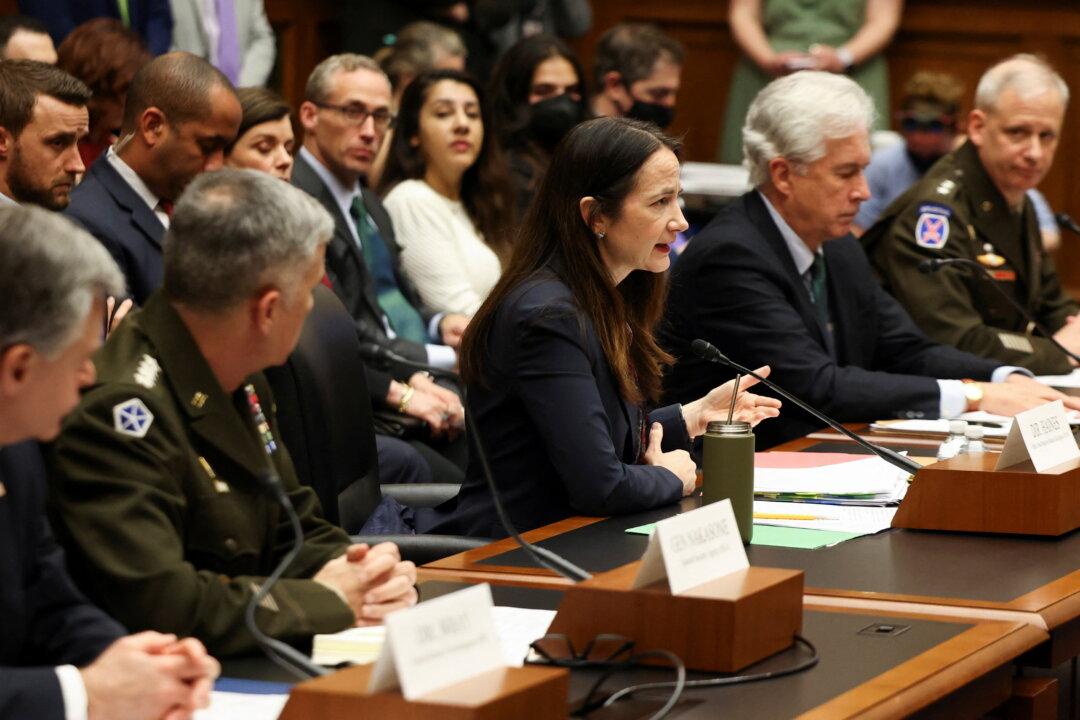The United States “took too long” to commence espionage efforts against Chinese health officials to learn more about the COVID-19 pandemic from the outset, according to Democratic members of the House Intelligence Committee.
In a declassified report (pdf) released Dec. 14, committee members credit intelligence agencies with their early warnings of a potential pandemic but hold that the lack of clandestine intelligence collection as the virus emerged in late 2019 and early 2020 was detrimental to the government’s insight into the situation.





